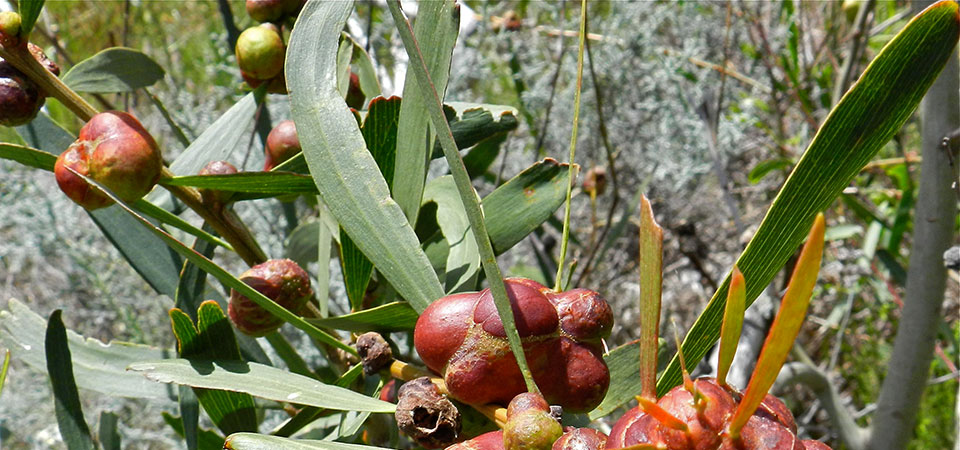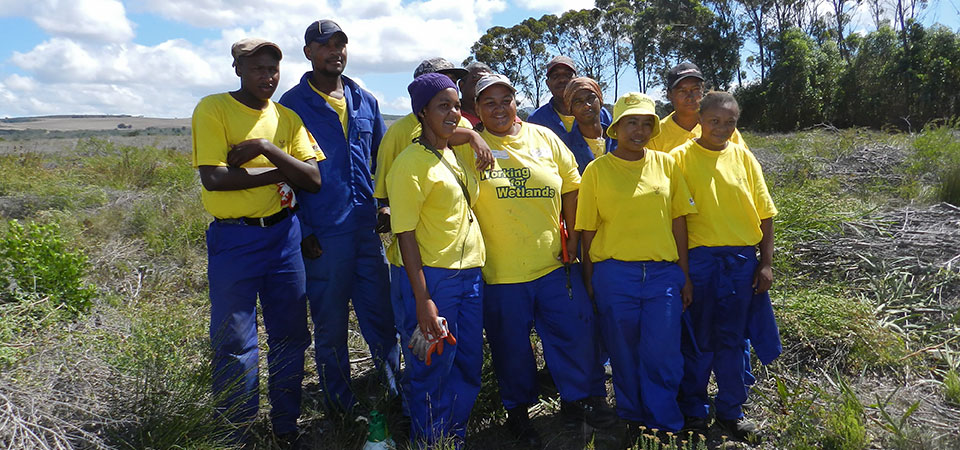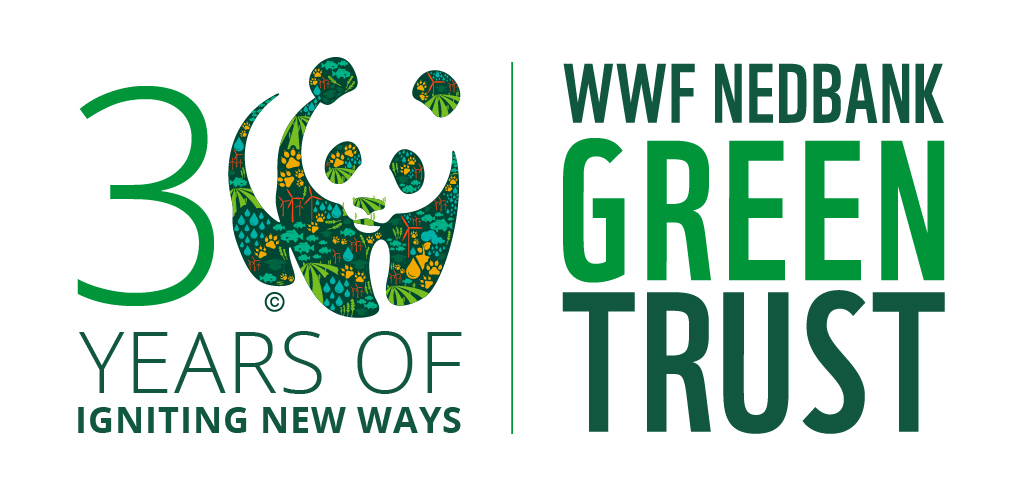ABI Alien Clearing Project: The impact and challenges between 2013-2021
ABI REVISIONING PROCESS
The Agulhas Biodiversity Initiative (ABI) Alien Clearing Project in the past supported approximately 458 dependants of workers and contractors in the Overberg, and made a notable impact not only on the lives of people, but also on the environment.
But while the project enjoyed successes, it has also faced numerous challenges over the past eight years – including a series of project breaks and a mid-project change in the model.
So says Peter Viljoen of the Contour Enviro Group. Peter was talking at the Agulhas Biodiversity Initiative AGM held at Baardskeerdersbos on 27 October 2021.
The Contour Enviro Group was appointed by Flower Valley Conservation Trust to evaluate the ABI Alien Clearing Project. This project ran between 2013 and 2021. It was funded by the Department of Forestry, Fisheries and the Environment (DFFE), with co-funding provided by philanthropic donors and landowners. It was implemented by Flower Valley.
Following a series of interviews with workers, contractors, landowners and implementers involved, the evaluators found that the project had a vast social impact on the landscape – albeit with many challenges.

What the project participants say
Here are some of the Contour Enviro Group’s findings relating to the project participants:
- The project was vital in supporting livelihoods, with approximately 458 people directly or indirectly dependent on the work.
- Project participants wanted to remain involved in the ABI Alien Clearing Project.
- The short-term nature of the employment created considerable challenges.
- More than 60% of the respondents had to wait between 1 and 6 months every year as annual contracts were re-negotiated with DFFE.
- The remaining respondents found additional work to support their income during these times, by working on private farms or with the Department of Agriculture in the Western Cape (LandCare division).
- The bureaucracy of managing government grants is time-consuming and expensive.
The contractors interviewed highlighted that the ABI project:
- Provided training to allow participants to find other jobs at the end of contracts.
- Provided networks to contractors for additional support.
However, many contractors were reluctant to work outside the security of the ABI Alien Clearing Project, despite its shortcomings. As a result of limited job opportunities in the area, 44% did not work during project breaks.

What the landowners say
According to Peter, most landowners said the project had a positive social impact, and 38% said it had a positive ecological impact. They noted the strength of the Department’s Land User Incentive Scheme model (which the project was called at the start), which provided a bottom-up approach to implementation during the early years. This gave landowners flexibility in timing and techniques. In later years, this model was replaced with the “Working for Water” model. This not only impacted on landowners, but also didn’t support the development of small businesses on the landscape.
Contour Enviro Group concluded that the current model should be amended. They suggest the project should:
1. Capacitate alien clearing teams into broader Natural Resource Management teams to take on multiple aspects of the green economy.
2. Strengthen conservancies through support from ABI. This should include longer-term planning to protect natural resources (including clearing aliens) and additional training provided by ABI to project participants and landowners.
3. Provide links between role players across the landscape, to plan for more strategic natural resource management activities.
4. Develop 3 to 5 year funding plans to implement projects, making use of multiple funders so as not to depend on government funding.
5. Prepare an annual plan of operation across the landscape, which merges fire and invasives, to address the needs of landowners.

The revisioning process is being funded by the WWF Nedbank Green Trust between 2020 and 2021.
Want new articles before they get published?
Subscribe to our Awesome Newsletter.
CONTACT US
OVERBERG
Located around the most southerly tip of Africa, the Overberg region is the showcase of some of the most beautiful landscapes.

